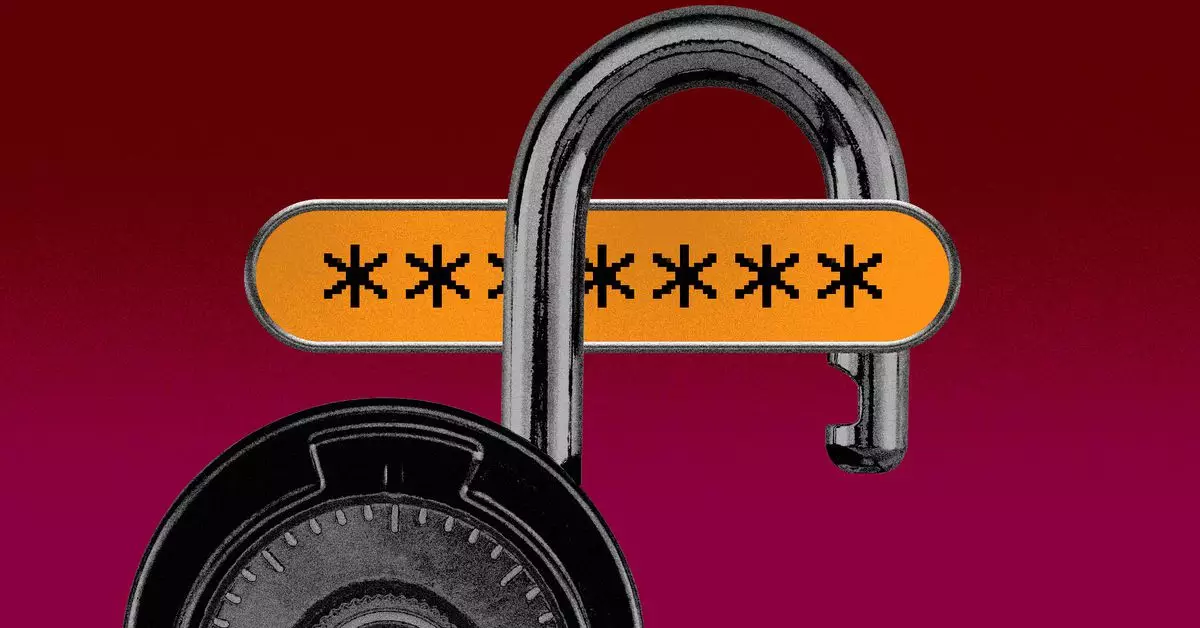In the rapidly evolving world of cybersecurity, even established players like Okta can find themselves at the center of alarming vulnerabilities. Recently, Okta, a major identity management firm, disclosed a potential security flaw that raised eyebrows among industry experts and customers alike. Reported on a seemingly routine Friday, the revelation characterized a stark misstep—effectively allowing unauthorized access under specific conditional circumstances involving lengthy usernames.
What makes this vulnerability particularly troubling is its somewhat unusual conditions for exploitation. To harness the flaw, an attacker would need a username exceeding 52 characters and certain elements of the system’s architecture, including reliance on cached authentication keys from prior successful logins, absent protective measures like multi-factor authentication (MFA). This combination of factors created a vulnerable window for a potential intruder, signaling a significant oversight by Okta’s development team.
The technical specifics surrounding the flaw are equally concerning. Internally identified on October 30, 2024, the issue originated within the key generation process for Active Directory/LDAP Delegated Authentication (DelAuth) using the Bcrypt algorithm. While Bcrypt is generally regarded as a robust cryptographic solution, the implementation flaw came in a sequence of events where the DelAuth system, upon encountering certain conditions—such as agent downtime or excessive traffic—defaulted to cached login credentials. This oversight points to a critical lapse in Okta’s security frameworks and suggests that a rigorous reassessment of their authentication processes is overdue.
Following the identification of the vulnerability, Okta took swift corrective action, opting to replace Bcrypt with PBKDF2, a more secure hashing algorithm. While this remedial measure may negate the specific vulnerability in question, it raises broader issues about the company’s auditing and testing protocols prior to the release of updates. The timeline indicates that the flaw had persisted since July 23rd, amplifying concerns about the company’s readiness to protect sensitive data. Potentially compromising users’ accounts for up to three months underscores the need for more vigilant oversight.
For clients impacted by this flaw, the advisory issued by Okta serves as a critical call to action. Users are advised to comb through three months of system logs to identify any anomalies. However, this remedial advice places the onus squarely on users, an uneasy and perhaps unfair burden following a breach of trust from the provider. This incident emphasizes the paramount importance not only of robust security measures but also clear, timely communication—a lesson that businesses can ill afford to overlook in our increasingly digitized landscape.
The recent vulnerability faced by Okta reveals significant weaknesses in systems that many companies trust with their security. While adjustments have been made to counter the flaw, the overall event serves as a stark reminder that security assurance must evolve alongside the technology it seeks to protect. Continuous vigilance, rigorous testing, and transparent communication with users are not just recommended best practices; in today’s digital environment, they are essential for operational integrity and customer trust.

